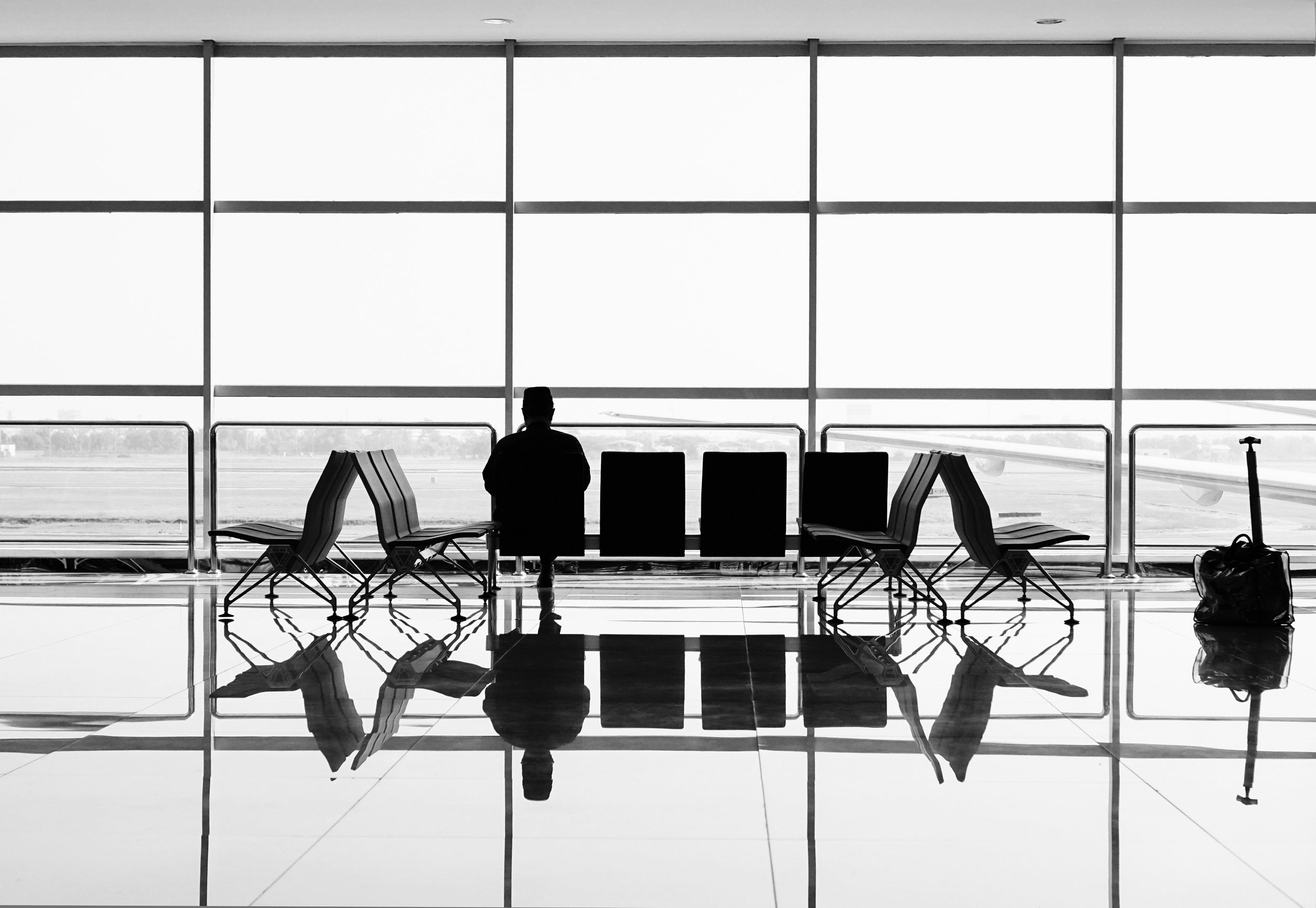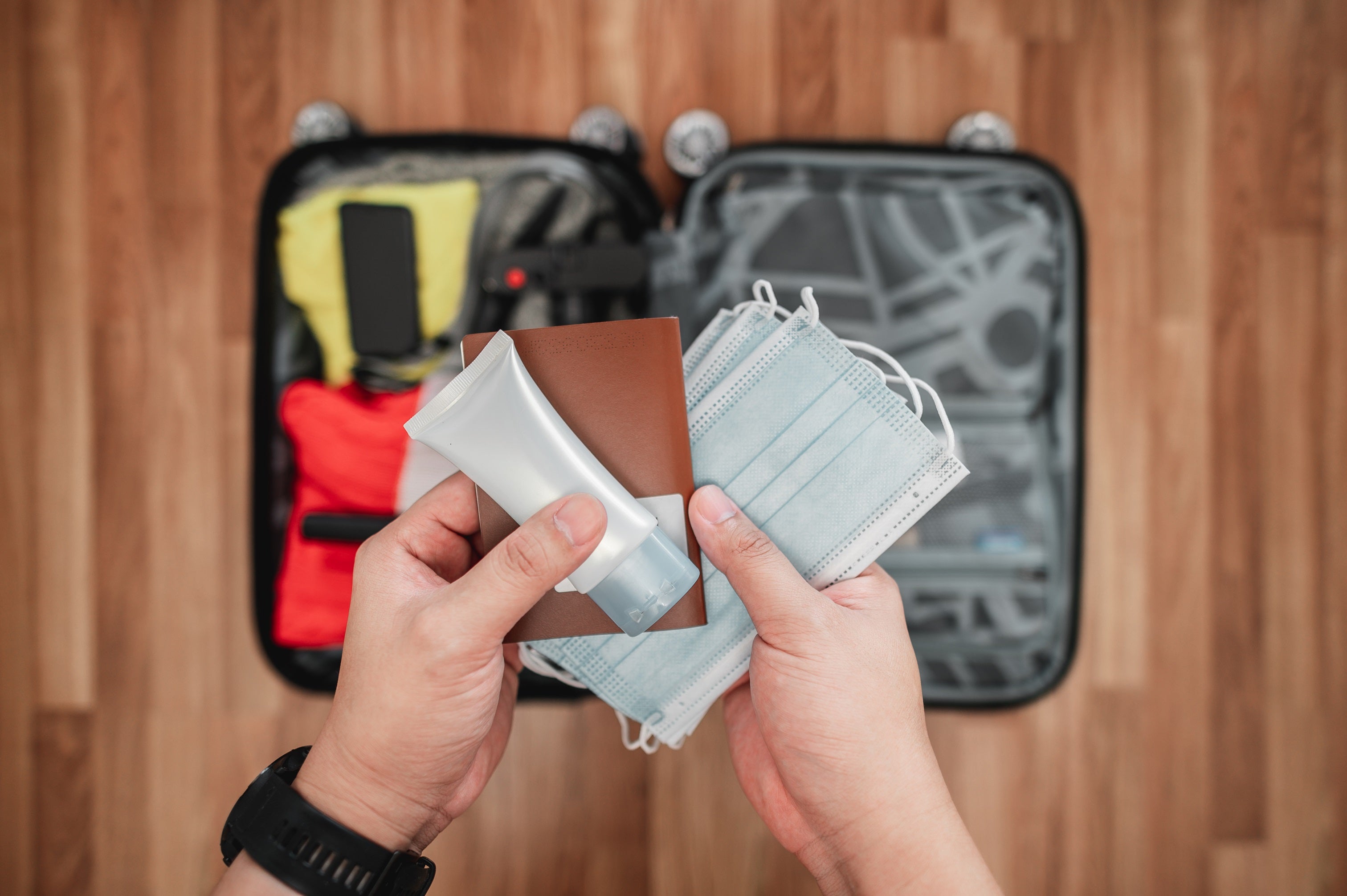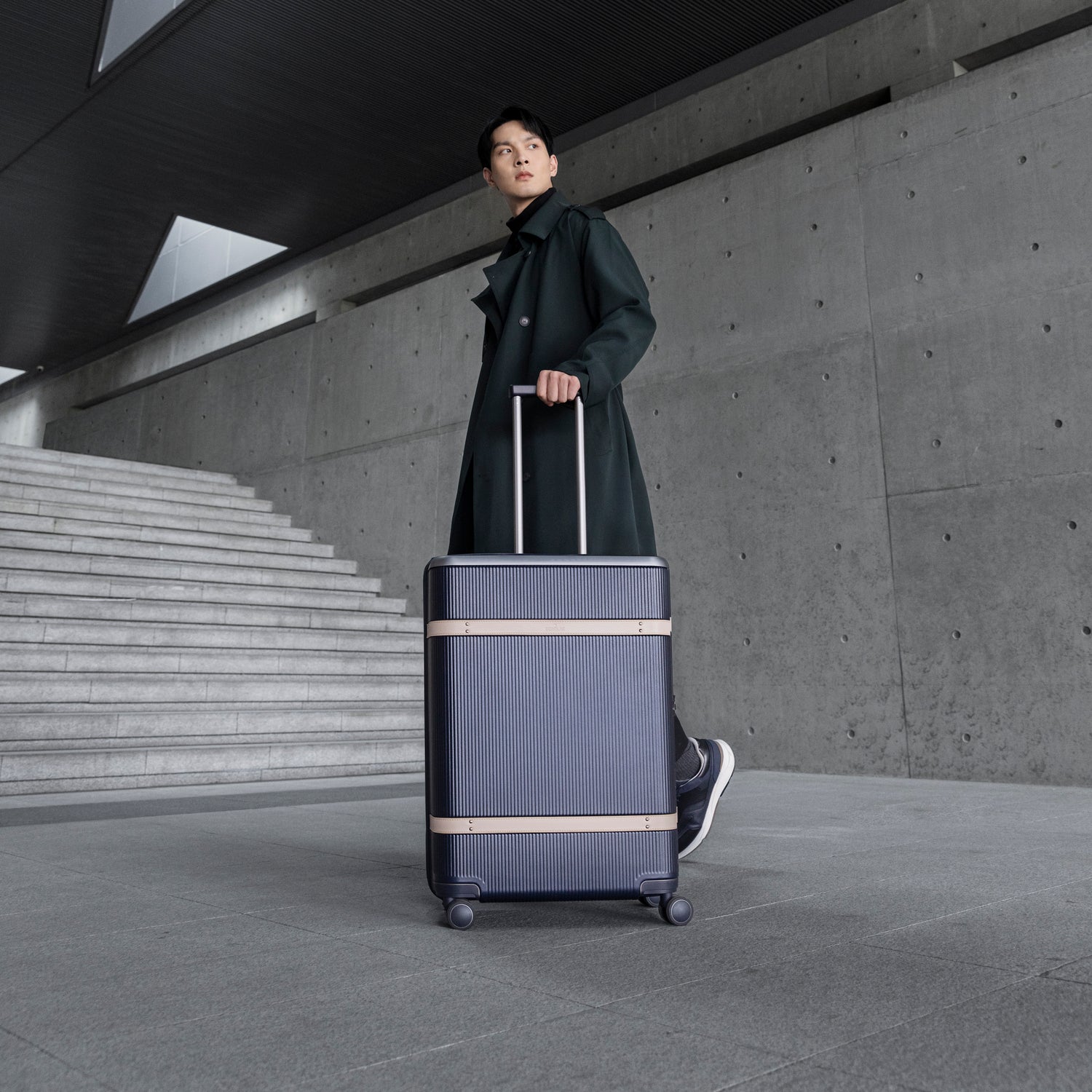
How Heavy Can Luggage Be? Tips and Info for Your Trip
When packing a suitcase, the question often arises: How heavy can luggage actually be? Especially for air travel, there are clear rules and regulations to follow in order to avoid unnecessary extra costs. However, even for train or car journeys, a suitcase that is too heavy can quickly become a burden. In this article, you’ll learn everything you need to know about luggage weight and how to optimally prepare your baggage.
1. Airline Weight Limits
Most airlines set clear limits for luggage weight. These vary depending on the airline, ticket class, and destination. However, the following general guidelines apply:
Hand Luggage: Most airlines allow a hand luggage piece weighing between 7 and 10 kilograms. Dimensions are also limited, usually to 55 x 40 x 20 cm. Some airlines, particularly low-cost carriers, allow even less weight for luggage taken into the cabin and are stricter in their checks.
Checked Luggage: For most airlines, the weight limit for checked luggage in Economy Class is between 20 and 23 kilograms. In Business or First Class, 30 to 32 kilograms are often allowed. However, there are also airlines that uniformly set a 15-kilogram limit, especially for domestic or short-haul flights. Exceeding the set limit usually incurs high extra charges, which are calculated per kilogram or as a flat fee.
Be sure to check your airline's exact baggage regulations before your trip. Most airlines have a detailed overview of allowed luggage quantities and weights on their websites.
2. Why Are There Weight Restrictions?
Weight restrictions for luggage primarily serve the safety and efficiency of flight operations. Every kilogram counts when calculating the total weight of an aircraft, which directly affects fuel consumption and flight stability. Additionally, airport staff must handle luggage, so particularly heavy suitcases can pose a health risk.

Even with other modes of transport, such as trains or buses, there are weight restrictions. Although not as strict as for flights, a suitcase that is too heavy can be impractical and cause issues in narrow train platforms or bus compartments.
3. Luggage Weight for Car Travel
Although there are no direct regulations for luggage weight in car travel, heavy luggage can be a safety risk. An overloaded car affects handling, braking distance, and fuel consumption.
Therefore, the total weight of the vehicle, including luggage and passengers, should always remain below the car’s maximum permissible weight. Place heavy luggage as low as possible in the trunk and close to the vehicle’s center to avoid affecting its balance.
4. How to Weigh Your Suitcase Correctly
To avoid unpleasant surprises at the airport, you should check the weight of your suitcase before departure. There are several ways to do this:
Luggage Scales: Special luggage scales are compact and easy to use. Hang your suitcase on the scale and read the weight. These scales are relatively inexpensive and available at many travel shops or online.
Bathroom Scales: If you don’t have a luggage scale, you can use a regular bathroom scale. First, weigh yourself without the suitcase and note your weight. Then, weigh yourself holding the suitcase and subtract your own weight to determine the suitcase’s weight.
5. Tips to Avoid Excess Weight
A heavy suitcase can not only be expensive but also make your trip more difficult. The following tips will help you avoid unnecessary excess weight:
- Create a Packing List: Plan what you really need and make a packing list. Avoid the “just in case” mentality and focus on essentials.
- Roll Clothes Instead of Folding: Rolling your clothes not only saves space but also allows for more efficient packing, which can reduce weight.
- Choose Lightweight Materials: Opt for clothing made from lightweight fabrics. Synthetic materials like polyester are often lighter than cotton or wool.
- Use Travel Sizes: Fill shampoo, shower gel, and other liquids into small travel containers. This saves both weight and space.
- Electronics and Books: Electronic devices and books can be heavy. Consider whether you really need to bring your laptop or multiple books, or if a tablet or e-reader would suffice.
6. What to Do If Your Luggage Is Overweight at the Airport?
If your suitcase turns out to be heavier than allowed at the airport, there are a few options:
- Repack: Move some heavier items to your hand luggage if there’s still space and weight allowance.
- Pay Extra Fees: If repacking isn’t an option, you’ll usually have to pay the excess baggage fee. This can be quite high depending on the airline and weight.
- Check an Extra Bag: Some airlines allow you to check an additional piece of luggage on-site. This option is generally cheaper if booked in advance.
Conclusion
The weight of your suitcase is not only a matter of comfort but can also significantly impact the cost and course of your trip. Inform yourself in advance about your airline’s regulations and plan your packing carefully to avoid excess baggage. With proper preparation, a relaxed and smooth journey is within reach.








